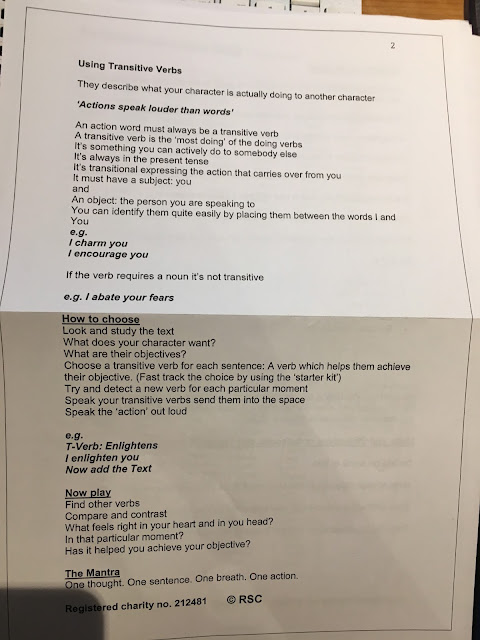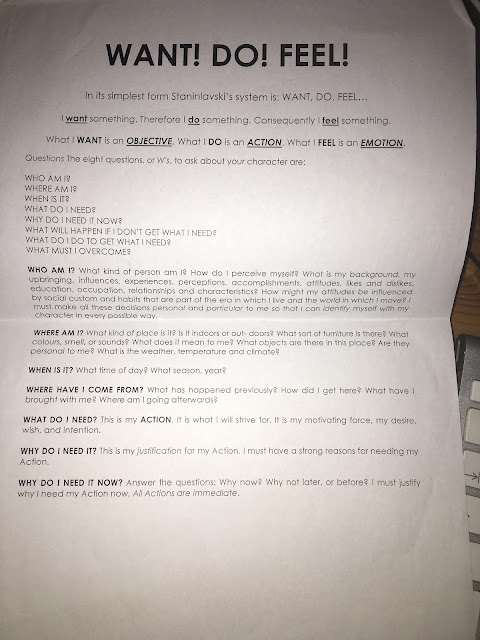FACTS ABOUT ACT 4 – THE SEAGULL
· It is two years later than Act Three
· Masha and Medvedenko visit Konstantin
· Sorin is in poor health
· Paulina says she feels sorry for Masha because of her unrequited love for Konstantin
· Dorn and Medvedenko argue
· Dorn asks Konstantin about Nina
· Treplev tells Dorn that Nina had an affair with Trigorin, became pregnant, the baby died and Trigorin left her for Arkadina whom he was with while he impregnated Nina, cheating on them both.
· Konstantin recounts how Nina played starring roles in summer theatre plays outside of Moscow that moved to the provinces but that she played her parts badly
· Masha went to see Nina but Nina refused to speak to her
· Arkadina and Trigorin enter and Trigorin is friendly to Konstantin
· Konstantin is left alone in his study. He looks over his writing and criticizes himself out loud for being a cliché
· Nina comes through the window to Konstantin
· Konstantin professes love for Nina
· Nina professes to Konstantin her love for Trigorin
· Konstantin shoots himself
HERE IS THE WORK I HAVE DONE ON UNITS AND OBJECTIVES:
Here are some pictures of my script, I have circled any points where I have put in my actioning (I...you.). You will also find how I split up my script into units:HERE IS THE WORK I HAVE DONE ON UNITS AND OBJECTIVES:
UNIT 1
A unit in which Konstantin is overwhelmed by Nina's sudden entrance but is also pleased. He has seen Nina for the first time in a very long time.
Objective: To greet Nina
UNIT 2
A unit in which Konstantin is slightly naive about people coming through the door although Nina is paranoid.
Objective: To reassure Nina
UNIT 3
A unit in which Nina starts to ask Konstantin questions. He tries to flatter and woo her with his feelings.
Objective: To flatter Nina
Objective: To flatter Nina
UNIT 4
d A unit in which Konstantin lets out his anger towards Nina. He questions Nina on why she didn't visit. He tells of his torment and loneliness.
Objective: To get Nina to understand his pains
UNIT 5
A unit in which Nina goes slightly mad. Her speech is fragmented and she begins to lose her train of thought quite a few times. She tries to explain but doesn't succeed.
Objective: To try and understand Nina's torment.
UNIT 6
A unit in which Konstantin professes his everlasting love for Nina. Nina is dismayed and tries to leave swiftly.
Objective: To get Nina to stay
UNIT 7
A unit in which Nina is paranoid about Arkadina intruding. Konstantin seems to answer reluctantly.
Objective: To not let Nina change the subject
UNIT 8
A unit in which Nina questions Konstantin on why he loves her and he slowly starts to let her go.
Objective: Reluctantly let Nina go
CHARACTER PROFILING
After this we then got on to rehearsing our extracts. At first I found it quite difficult to get into the character of Konstantin as he is quite complex, psychologically and emotionally because of all of the stuff he goes through prior to this scene. From research that I've done, Konstantin is aged at "twenty-something." So physically, I didn't think I needed to alter my physicality much. However as I ran the scene I felt it wasn't right and that because of all the emotional torment he is put through, ending in his suicide, that he may have the physicality of someone who considerably older than him. Also, in the script he says "I feel I've been living on this world for ninety years." which is proof that not only he looks older, he also feels it.
I did some more WANT! DO! FEEL! work on my character as well.
WHO? - Konstantin Treplev
WHEN? - 1896
WHERE? - Family estate, Russia.
WHY? - To get away from family so I can write in peace. Also to get Nina to stay in this particular scene.
FOR WHAT REASON? - Because he feels everything he writes is not good enough. He loves Nina and wants to be with her.
FOR WHAT REASON? - Because he feels everything he writes is not good enough. He loves Nina and wants to be with her.
HOW? - By trying to explain his feelings to her.
GIVEN CIRCUMSTANCES:
"The term given circumstances is applied to the total set of environmental and situational conditions which influence the actions that a character in a drama undertakes."
The given circumstances of my scene:
- It takes place in the drawing room of the house of the estate.
- Konstantin is not in a good mental state
- In the scene before, Konstantin was irritated by the rest of the people in the house
- It is raining outside
- It is evening, around dinner time
- It is cold outside
- Konstantin still loves Nina, madly.
- Konstantin is 28
- Nina is 21
- Nina is adamant on leaving which frustrates Konstantin
KEY MOMENTS IN MY SCENE :-
- Nina enters the room where Konstantin is writing
- He begs her to stay, she ignores him
- Nina starts to waffle, it is clear she is emotionally and physically exhausted
- Konstantin starts to explain the torment he has experienced the few years they had been apart
- Nina says she does not feel the same way.
- Nina leaves
I have a lot of opportunities in my scene to have some very intimate and emotionally driven moments. I decided it would be best to get my lines learnt and out the way so I can really focus and experiment on how I can say my lines. My actioning and uniting really helped with this.










